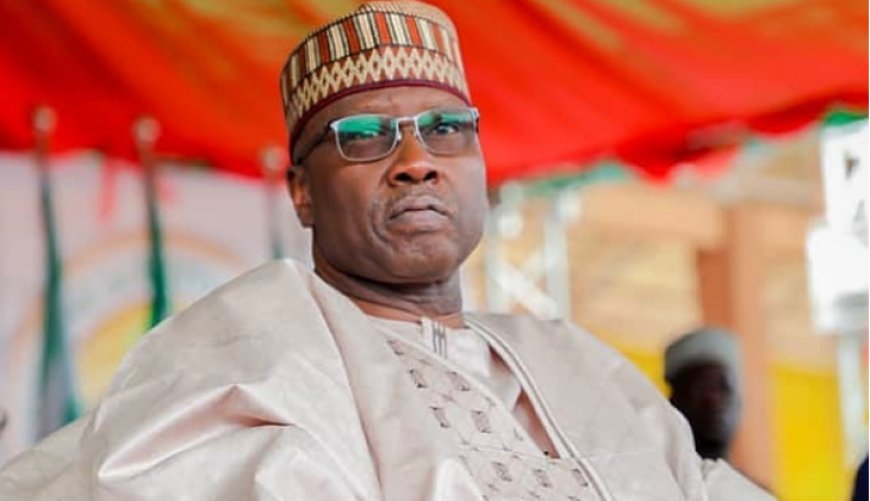2013 merger contributed 3.2 million votes to APC’s 2015 victory — Boss Mustapha

Former Secretary to the Government of the Federation, Boss Mustapha, on Wednesday, disclosed that the 2013 merger involving President Bola Tinubu’s then Action Congress of Nigeria, former Vice President Atiku Abubakar-led New Peoples Democratic Party, and other stakeholders contributed only 3.2 million votes to the alliance.
Speaking in Abuja during the public presentation of According to the President: Lessons from a Presidential Spokesman’s Experience, a book authored by former presidential spokesperson Garba Shehu, Mustapha explained that these votes were added to Muhammadu Buhari’s 12.2 million to secure the All Progressives Congress victory over then-incumbent President Goodluck Jonathan in 2015.
In February 2013, Buhari’s Congress for Progressive Change, Tinubu’s ACN, Atiku’s New PDP, a faction of the All Progressives Grand Alliance, and the All Nigeria Peoples Party merged to form the APC.
At the APC presidential primary held in Lagos, Buhari defeated Atiku, and former governors including Rochas Okorocha (Imo), Rabiu Musa Kwankwaso (Kano) and others, to emerge as the party’s flagbearer. He later defeated the PDP’s candidate and incumbent, President Jonathan, in the 2015 general election.
Ahead of the 2023 elections, Tinubu, then a presidential aspirant, had recalled how he supported Buhari’s 2015 victory, a comment that sparked mixed reactions among their respective supporters.
Clarifying the events, Mustapha, who was also a member of the defunct ACN, emphasised the importance of recognising former President Buhari’s role in reshaping Nigeria’s political landscape.
He stated, “In early 2013, as the leader of the Congress for Progressive Change, President Buhari formally requested and supported the creation of the CPC Merger Committee, part of a broader coalition-building process that brought together the ACN—the party under which I served as the Deputy National Chairman at that time.
We also had our own transition Merger Committee, the ANPP, and a fraction of others. And elements of the ruling party, through the breakaway New PDP group, his endorsement and participation, along with other party leaders such as President Bola Ahmed Tinubu and Senator Ali Modu Sheriff, who was the Chairman of the Board of Trustees of the ANPP lent credence, credibility, and direction to the merger, helping to unify it.
This led to significant participation under the banner of the All Progressives Congress. That coalition built and paved the way for the first democratic defeat of an incumbent ruling party in Nigeria’s history. President Buhari’s integrity, national stature, and disciplined messaging were central to that breakthrough.
“Not only that, for us in the ACN, I do not intend to stir any controversy, but I will make bold to state this—that the merger in 2013 was midwife to present a Buhari or create a Buhari Presidency.”
Mustapha stated that choosing Buhari as the presidential candidate in 2015 was the most practical and strategic decision for the APC.
He continued, “Because we looked at the statistics of the votes that were coming to the table. In the 2003 election against Obasanjo, Buhari polled 12.7 million votes. In the 2007 election against Yar’Adua, he received 6.6 million votes after the PDP unleashed its machinery.
“In 2011, it went up to 12.2 million votes. And when we were considering the merger, we said: What would give us a head start? Obviously, it was in the back of our consciousness that the merger with the CPC—though the CPC at that time had only one state, the ACN had six states, and the ANPP had three states.
“But when you sum up the total votes that gave us the presidency in 2015, the aggregate was 15.4 million votes.
So basically, what we brought to the table, the other parties that were in the merger, in addition to Buhari’s 12.2 million votes, were 3.2 million votes.
“I do not intend to create any controversy, but I am saying that was the most realistic and pragmatic thing that we needed to do.”

 admin
admin 


